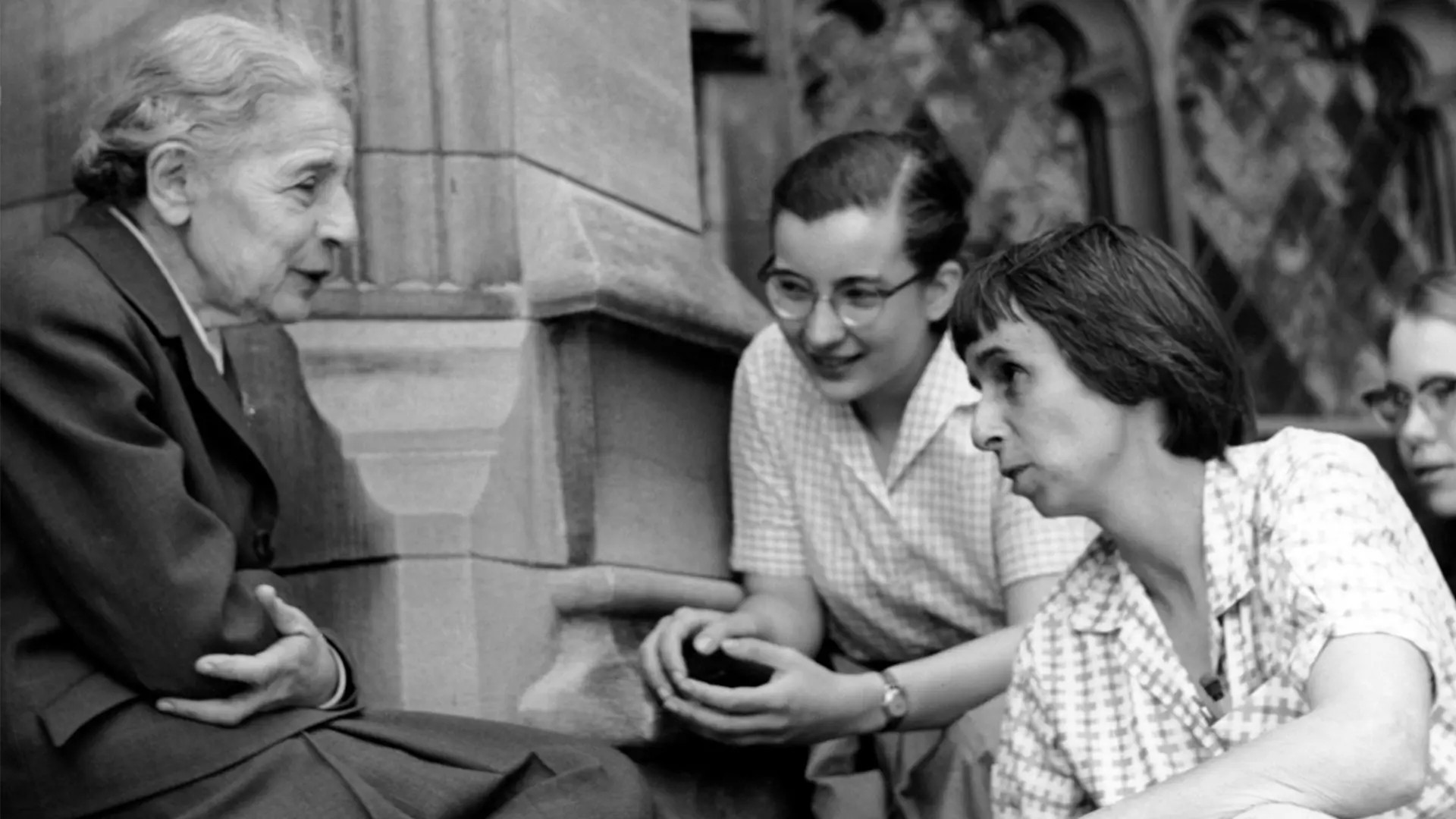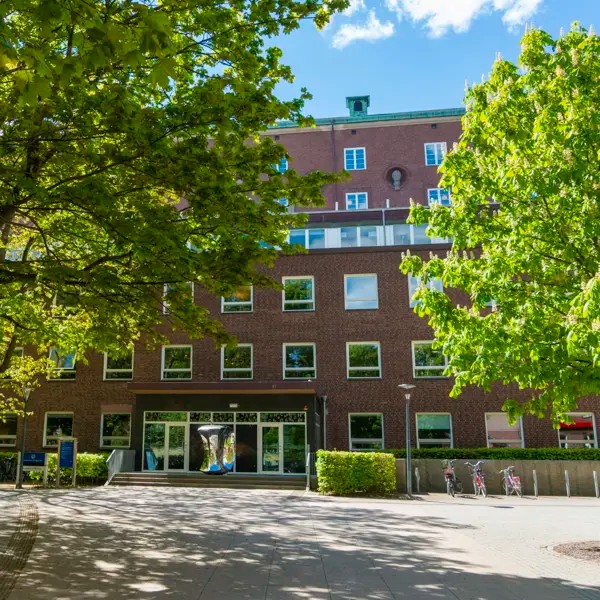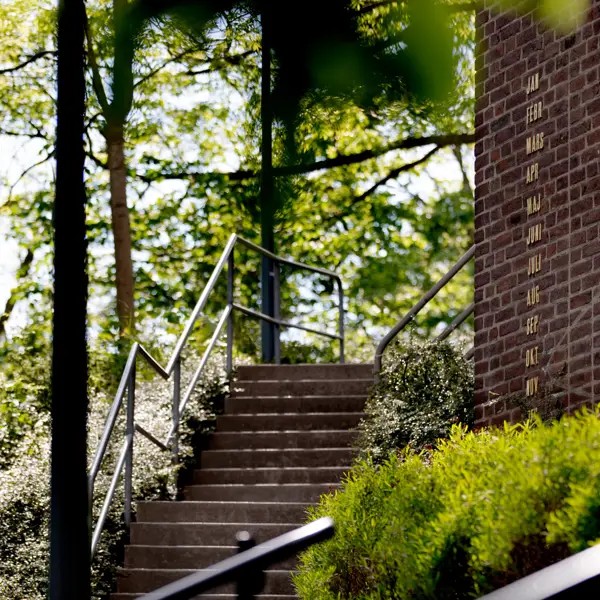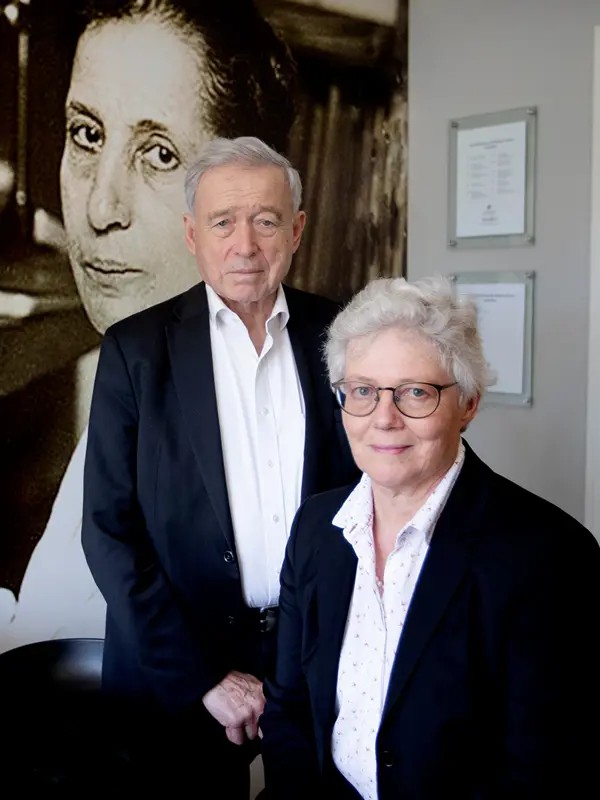





The Gothenburg Lise Meitner Award is awarded by the Gothenburg Physics Centre to a scientist who has made a breakthrough discovery in physics.
About Lise Meitner
Lise Meitner was a researcher in Berlin from 1907 to 1938, when she was forced to flee to Sweden, where she came to work for 20 years. As a woman she was initially not allowed in the laboratories where men worked and later she had a hard time getting a regular academic position. With these qualifications, she was still one of the leading nuclear physicists in the world. After her escape to Sweden, she was the first to understand nuclear fission when she during a stay in Kungälv Christmas in 1938 , along with her nephew Otto Frisch, could explain the results that Otto Hahn, her colleague in Berlin, sent her.
Gothenburg Lise Meitner Award
The Gothenburg Lise Meitner Award is not only about awarding well merited physicists, but also to enrich the scientific environment in Gothenburg. People belonging to either of Gothenburg Physics Center's four departments can nominate for the award.
The award was established in 2006 by the Department of Physics at University of Gothenburg and holds the honor, a monetary prize of EUR 3000 and a piece of art. In conjunction with the award ceremony, that takes place in September every year, the laureate holds a lecture in memory of the nuclear physicist Lise Meitner.
Laureate of the Gothenburg Lise Meitner Award 2025: Tomoko M. Nakanishi

The Gothenburg Physics Centre's Lise Meitner Award committee proudly presents Professor Tomoko M. Nakanishi, scientist of plant physiology, as the laureate of the Gothenburg Lise Meitner Award 2025!
She’s awarded ”for developing unique and groundbreaking real-time in-vivo nuclear imaging methods to investigate the physiology of plants, and for their application to the thorough assessment of the agricultural and environmental consequences of the Fukushima accident."
Tomoko M. Nakanishi’s research group is world-leading in radioisotope-based imaging methods for the uptake and utilisation of water and nutrition materials in plants. She was awarded an honorary doctorate at Chalmers in 2019 for her outstanding interdisciplinary research on plant physiology, the development of ground-breaking new imaging methods for this purpose, as well as for surveying the agricultural and environmental consequences of the Fukushima accident and planning remediation work in the affected areas. She summarized the results of this latter work and published them in four volumes in Springer in 2013, 2016, 2019 and 2023.
Tomoko M. Nakanishi is a project professor at the Graduate School of Agricultural and Life Sciences, Laboratory of Radio-Plant Physiology, as well as professor emeritus of The University of Tokyo, Japan and of Hoshi University, Japan.
The Lise Meitner ceremony 2025 will take place on September 18, 15:15 - 17:00 in Kollektorn at the Department of Microtechnology and Nanoscience.
A symposium in Professor Nakanishi’s honor will be held on September 19.
Professor Nakanishi's nominators are:
Imre Pazsit (Chalmers)
Eva Forssell Aronsson (GU)
Learn more about Tomoko M. Nakanishi's research on her website.

She wants to understand the wisdom of plants
Professor Tomoko M. Nakanishi receives the 2025 Gothenburg Lise Meitner Prize for her groundbreaking imaging methods of plant physiology and for their application in assessing the agricultural and environmental consequences of the Fukushima accident. On September 18, she will visit Chalmers to receive the prize.

Gothenburg Lise Meitner Award 2025 Ceremony
Welcome to attend the ceremony where the Gothenburg Physics Center presents the Gothenburg Lise Meitner Award for 2025 to Prof. Tomoko M. Nakanishi. Students are welcome to attend.

Gothenburg Lise Meitner Award 2025 Symposium
The Gothenburg Physics Centre is pleased to announce a symposium held in the honour of the Gothenburg Lise Meitner Award laureate of 2025, Prof. Tomoko M. Nakanishi. Students are welcome to attend.
Previous laureates

The following physicists have been awarded the Gothenburg Lise Meitner Award:
- 2024 Albert-László Barabási: "I am driven by the desire to advance the field of physics"
- 2023 Nicola Spaldin: "Receives Lise Meitner Award for novel research on multiferroics"
- 2021 Ferenc Mezei: “Most of my research has focused on things that could be useful for others"
- 2020 Anne L'Huillier*: She sheds light on what happens in a trillionth of a second
- 2019 Austen Angell
- 2018 Chandrashekhar Joshi
- 2017 Françoise Combes
- 2016 Klaus Blaum
- 2015 Ivan Schuller
- 2014 Ewine F. van Dishoeck
- 2013 Mildred Dresselhaus
- 2012 Werner Nahm
- 2010/11 Stefan W. Hell*
- 2009 Renata Kallosh
- 2008 I. K. Yanson
- 2007 Pierre Ramond
- 2006 Robert Marc Friedman
* Stefan W. Hell received the Nobel prize in Chemistry 2014 "for the development of super-resolved fluorescence microscopy”. Anne L'Huillier received the Nobel prize in Physics 2023 for “for experimental methods that generate attosecond pulses of light for the study of electron dynamics in matter”.
The prize was not awarded in 2022, due to the corona pandemic already delaying the awarding of the 2020 and 2021 prize.
Lecture recordings

Recorded lectures during the symposium 2024
See recordings of the lectures held in the honour of laureate Albert-László Barabási.
Nominations for the award
Members of the Gothenburg Physics Centre can nominate for the award. February 1 is the strict deadline each year for nominations for that year's award.
More information is found on Chalmers' Intranet (login in using Chalmers ID, CID):